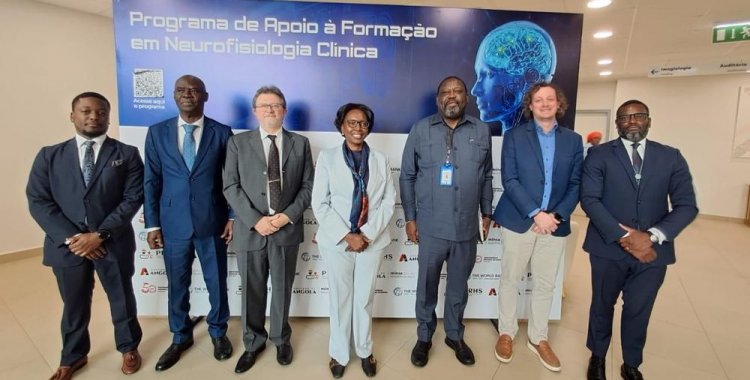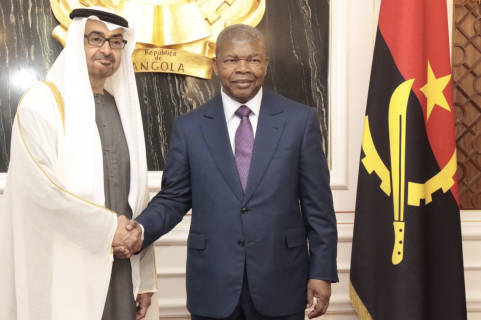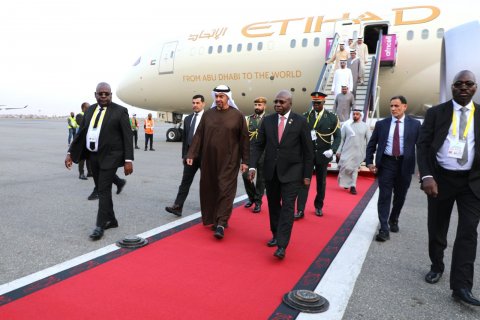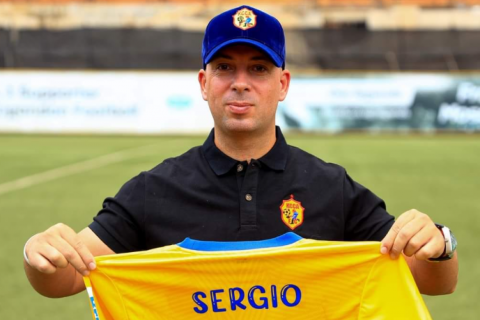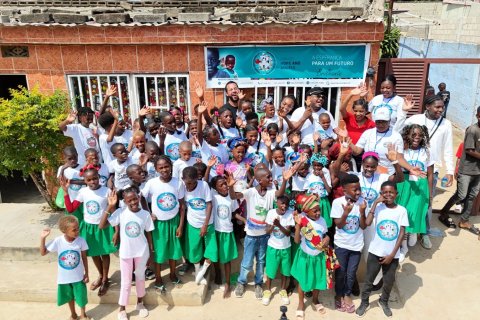To this end, it is necessary to invest in training professionals in the sector, focusing on specialization in the care to be offered to patients, stated the minister, who also reported that the Unified Health System (SUS) has a high number of cases of stroke and malaria, among others.
"These tools are vital for the early diagnosis of diseases such as epilepsy, cerebral malaria, and neonatal disorders, which are very common in our hospitals," she said, quoted by Angop.
On the occasion, the Minister of Health announced that the country will have a health unit dedicated to neurophysiological and neurology diseases later this year, but did not provide further details about the project.
The ceremony served to launch the Clinical Neurophysiology Training Support Program, developed by the Ministry of Health through the Health Specialist Training Project.
According to a statement from the Ministry of Health, to VerAngola had access, the first phase of this program "will cover Maria Pia Hospital, Viana General Hospital, and the Dom Alexandre do Nascimento Cardiopulmonary Disease Complex," while "the second phase will include Cacuaco General Hospital 'Heróis do Kifangondo' and Cunene General Hospital 'General Simione Mucune.'"
At the ceremony, held this Thursday at the Viana General Hospital 'Bispo Emilio de Carvalho', Sílvia Lutucuta announced that, "in the next 12 months, with the technical support of the State University of Campinas and under the leadership of Professor Dr. Fernando Cendes, the country's neurologists and resident physicians will have the opportunity to specialize in advanced methods of nervous system assessment as well as intraoperative neurophysiological monitoring techniques."
According to the minister, the country currently has fewer than 35,000 neurologists. "With fewer than 35,000 neurologists nationwide, it is urgent to respond to the high incidence of neurological diseases such as stroke. In this first phase, we will train 30 specialized health professionals, with 80 percent of the training conducted in Angola and the remainder through international partnerships," she said.
According to the statement, "after the training, trainees will be able to diagnose pathologies such as epilepsy, neuromuscular diseases, sleep disorders, and neuropathies early and accurately."
"The Neurophysiology Training Support Program is part of the Human Resources Training Project for Universal Health Coverage, developed by the Ministry of Health with support from the World Bank, whose goal is to train 38,000 professionals by 2028," the statement reads.

